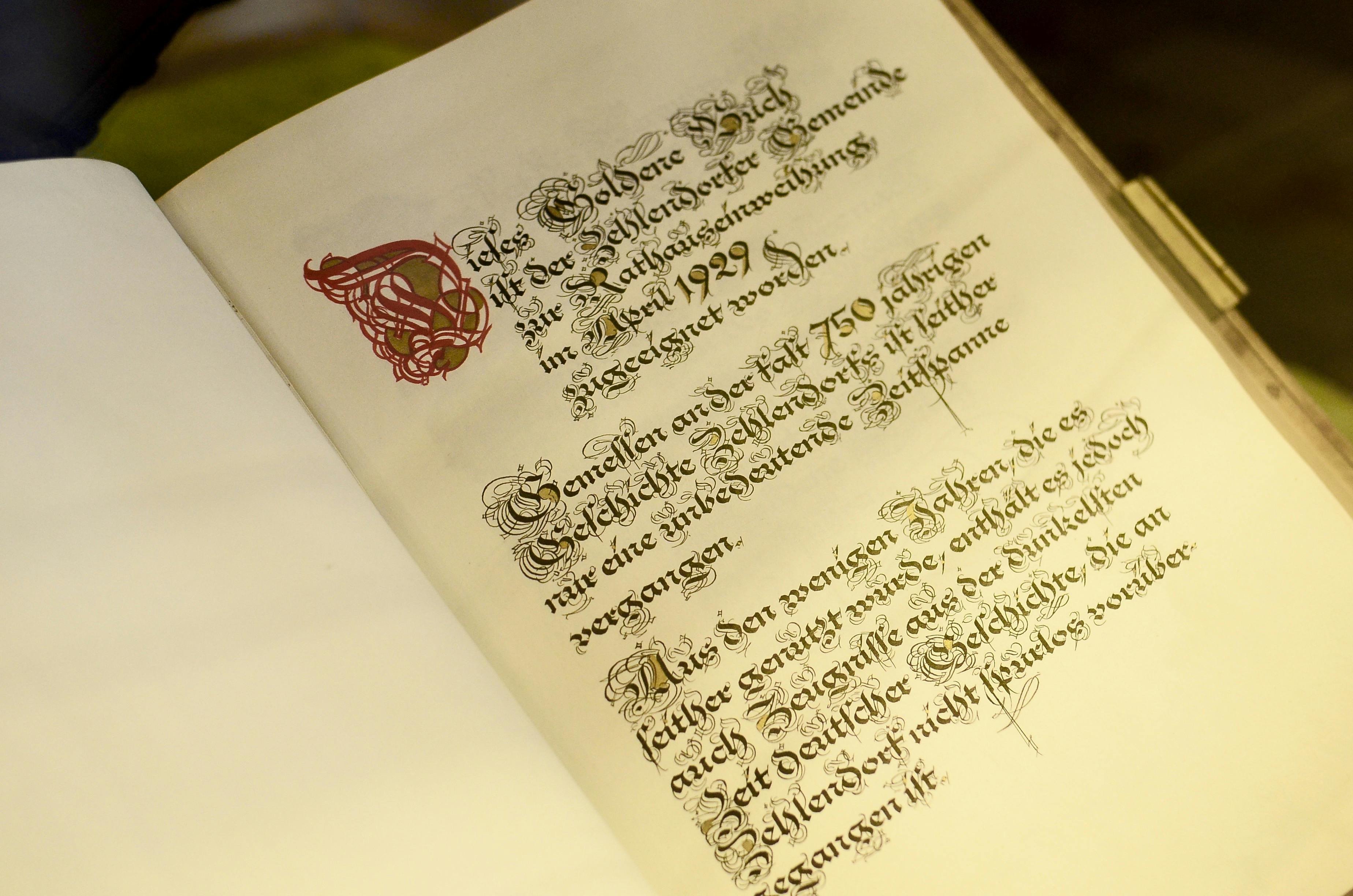February 5th is an important day in Black American history. On this day in 1865, the Thirteenth Amendment was passed by Congress, officially abolishing slavery in the United States. This monumental occasion marked the end of centuries of bondage for African Americans and was a major step towards achieving true equality.
The Thirteenth Amendment was ratified by the states on December 6th, 1865 and became a part of the Constitution. It reads: “Neither slavery nor involuntary servitude, except as a punishment for crime whereof the party shall have been duly convicted, shall exist within the United States, or any place subject to their jurisdiction.” This amendment effectively ended slavery in all 50 states and provided a foundation for further civil rights advancements.
In addition to being an important milestone in Black American history, February 5th also marks other significant events. On this day in 1962, James Meredith became the first African American student to enroll at the University of Mississippi. In 1968, Martin Luther King Jr. gave his famous “I’ve Been to the Mountaintop” speech at Mason Temple Church in Memphis, Tennessee. These events demonstrate how February 5th has historically been used as a platform for progress and change within African American communities.February 5th is a significant day in Black History. On this day in 1965, the Selma to Montgomery civil rights marches began. The marches were led by Martin Luther King Jr. and other civil rights activists to protest the discriminatory treatment of African Americans in Alabama. They marched for five days, ultimately leading to the passage of the Voting Rights Act of 1965. This legislation prohibited racial discrimination in voting and guaranteed voting rights for African Americans.
In another historic event on February 5, 1991, Operation Desert Storm began. This was a U.S.-led coalition attack against Iraq during the Persian Gulf War. It was led by General Norman Schwarzkopf and included more than 500,000 American troops, many of whom were African American. The mission was successful in liberating Kuwait from Iraqi occupation and helping to restore peace in the region.
On February 5, 2020, Breonna Taylor’s name became a rallying cry for justice when her killers were not held accountable for her death. Taylor was an African American woman who was killed by Louisville police officers during a botched drug raid at her home that March.
February 5th marks many important moments in Black History—from civil rights victories to the fight against police brutality—and it serves as an important reminder of the progress that has been made towards achieving racial justice and equality.
Contents
- 1 The Significance of February 5 for African-Americans
- 2 1931 – The Star Spangled Banner Officially Becomes the National Anthem of the United States
- 3 1945 – The Yalta Conference Begins
- 4 The Impact of the Emancipation Proclamation on February 5
- 5 African-Americans Fight for Equality and Justice
- 6 How African-Americans Have Influenced Pop Culture and Art
- 7 Conclusion
The Significance of February 5 for African-Americans
February 5 holds a great significance for African-Americans. On this day in 1770, former slave and revolutionary icon Crispus Attucks became the first African American to die in the Revolutionary War. Attucks’ death served as an impetus for the Patriots’ cause and is remembered as a symbol of courage and heroism for freedom and equality.
In addition, February 5 is also recognized as a day to commemorate the abolishment of slavery in 1865 with the ratification of the 13th Amendment. This amendment officially abolished slavery in all states, allowing African Americans to live freely without fear of oppression or discrimination.
Today, February 5 is commemorated with celebrations and events that honor Crispus Attucks and celebrate freedom from slavery. Many cities across the United States have events that feature speakers, cultural performances, and educational activities about African American history and culture. These events provide an opportunity to recognize the struggles faced by African Americans throughout history as well as celebrate their accomplishments.
February 5 is an important day in African-American history that serves as a reminder of how far we have come since being enslaved. It is a time to reflect on our progress towards equality while also recognizing those who sacrificed so much for us to be where we are today. We must continue to strive towards creating a more equitable society where everyone can live freely without fear of discrimination or oppression.
1931 – The Star Spangled Banner Officially Becomes the National Anthem of the United States
On February 5th 1931, President Herbert Hoover issued a proclamation that officially declared “The Star Spangled Banner” as the national anthem of the United States. Prior to this, various other songs had served as unofficial anthems. This proclamation followed a congressional resolution from March 3rd, 1931 which approved making “The Star Spangled Banner” the official national anthem. The song was written in 1814 by Francis Scott Key during the War of 1812 and its lyrics were set to a popular British tune.
1933 – President Franklin D. Roosevelt Gives His First Fireside Chat
On February 5th 1933, President Franklin D. Roosevelt (FDR) gave his first “fireside chat” on the radio. During this speech, FDR spoke directly to the American people about his plans for getting them out of the Great Depression and restoring economic prosperity to the nation. He used simple language and analogies to explain complex economic concepts and made sure to emphasize that he was taking action to help Americans in need. These “fireside chats” became very popular and FDR continued giving them until his death in 1945.
1945 – The Yalta Conference Begins
On February 5th 1945, Winston Churchill, Joseph Stalin, and Franklin D. Roosevelt met at Yalta in Crimea for a conference which lasted for eight days. At this time World War II was still ongoing and these leaders discussed plans for postwar reconstruction of Europe as well as strategies for defeating Germany and Japan. They also discussed issues such as reparations payments from Germany and Soviet Union’s entry into the war against Japan after Germany’s surrender. This conference laid out many of the foundations for what would become known as the Cold War between East and West after World War II ended in 1945.
The Impact of the Emancipation Proclamation on February 5
The Emancipation Proclamation was issued by President Abraham Lincoln on January 1, 1863. This proclamation declared that all slaves within the Confederate states were to be freed. The Emancipation Proclamation was a major turning point in the U.S. Civil War and had an enormous impact on African Americans in the United States. On February 5, 1865, the Thirteenth Amendment to the Constitution was passed, officially ending slavery in the United States.
The immediate impact of the Emancipation Proclamation was to free more than three million slaves within the Confederate states. This allowed them to become citizens with full rights and freedoms and gave them access to opportunities they had not previously had, such as voting and owning property.
The Emancipation Proclamation also provided a boost of morale for Union soldiers and supporters of abolitionism who had been fighting for years for an end to slavery. It also served as a rallying cry for African Americans who wanted equal rights and an end to racial discrimination.
While the Thirteenth Amendment officially ended slavery in 1865, its effects were still felt long after emancipation. African Americans were still subject to segregation laws, discriminatory practices, and other forms of racial injustice long after emancipation. Despite these challenges, African Americans used their newfound freedom to help build a better future for themselves and their descendants by creating communities, businesses, schools, churches, and other institutions that would serve their needs and aspirations for generations to come.
Ultimately, the passing of the Thirteenth Amendment marked a turning point in U.S history that led to greater freedom and equality for African Americans in America today. The legacy of emancipation continues as we strive towards greater justice and understanding between people of all races in our nation today.
The Role of Women in the African-American Community
The role of women in the African-American community has been one of great significance. From early days of slavery to the present day, women have consistently played a major role in the advancement of African-American society. Historically, they have been responsible for many of the social, economic, and cultural advancements made by black people. Women have also been instrumental in maintaining family structures and providing emotional support during times of crisis.
Women have long been integral to the civil rights movement and other initiatives to improve the lives of African Americans. Female activists such as Fannie Lou Hamer and Coretta Scott King helped shape public opinion on racial equality and pushed for changes to laws and policies that had held back black Americans for generations. Women continue to be important leaders in their communities, taking part in demonstrations and protests, advocating for change through their activism, and inspiring others with their courage.
Women also play a vital role when it comes to the education of African American children. A recent study found that almost two-thirds (64%) of African American students are taught by female teachers. Black mothers are often seen as primary caregivers in families and often take on additional responsibilities such as helping with homework or supervising after school activities. Women can be powerful examples for young girls growing up in predominantly male households or communities where gender roles are more rigidly defined.
In addition to their involvement in education, women make up a large portion (nearly half) of today’s African American labor force. Many women are breadwinners for their families, providing economic stability and security for their loved ones. They often take on multiple roles within their households including being mothers, caretakers, educators, counselors, providers, business owners, mentors—all while holding down full-time jobs.
Overall, it can be said that women are essential to the success of any community—especially within the African American community where they have played an invaluable role throughout history. From civil rights activists to educators to business owners—women continue to shape our society through their hard work and dedication.

Key Figures Who Shaped Black History
Black history is full of inspiring leaders, activists, and public figures who have dedicated their lives to fighting for justice and equality. February 5th marks the celebration of National African American History Month, so it is fitting to recognize some of the key figures who have shaped Black history.
Harriet Tubman was an abolitionist, civil rights activist, and Union spy who escaped slavery in Maryland to become one of the most prominent Underground Railroad conductors. She also played a major role in the women’s suffrage movement.
Frederick Douglass was a prominent abolitionist leader and orator who used his talents as an author, lecturer and newspaper publisher to fight for freedom. He became a powerful voice in the fight against slavery during his lifetime and beyond.
Rosa Parks was an activist and civil rights pioneer who famously refused to give up her seat on a Montgomery bus in 1955. Her act of civil disobedience prompted the Montgomery Bus Boycott which became a major turning point in the civil rights movement.
Martin Luther King Jr. was a Baptist minister, Nobel Laureate, and civil rights leader whose legacy lives on through his words and actions which inspired generations to fight for justice and equality. His “I Have A Dream” speech remains one of the most powerful orations ever written.
Malcolm X was a human rights activist, public speaker, and Muslim minister whose views evolved over time towards racial understanding and social justice for all people regardless of race or religion. He remains one of the most influential African-American leaders in history for his tireless efforts to end racism throughout his life.
These are just some of many significant figures who have made lasting contributions to Black history. On February 5th we honor them as well as generations of activists that continue their work today by standing up against racism, injustice, and inequality wherever it exists in society.
African-Americans Fight for Equality and Justice
The history of African-Americans fighting for equality and justice is a long one. From the early days of emancipation to the modern civil rights movement, African-Americans have been at the forefront of social change. In the 19th century, African-Americans formed a variety of organizations to advance their civil rights, from the African Methodist Episcopal Church to the National Association for the Advancement of Colored People (NAACP).
In the 20th century, grassroots initiatives such as marches and sit-ins helped to bring attention to issues such as segregation and voting rights. During this time period, prominent individuals such as Martin Luther King Jr., Malcolm X, Rosa Parks, and Jesse Jackson became iconic figures in the struggle for racial justice. This struggle was also reflected in literature, music, art, and other forms of culture.
The fight for equality and justice continues today. In addition to legal challenges against discriminatory policies, many African-Americans are actively involved in social movements such as Black Lives Matter that are working to end systemic racism. Through these efforts, African-Americans are continuing their long struggle for equality and justice.
How African-Americans Have Influenced Pop Culture and Art
African-Americans have had a profound impact on pop culture and art. From music to fashion, African-American culture has been at the forefront of the industry for decades. Music has been one of the most influential forms of art for African-American culture, with genres such as jazz, hip hop and R&B becoming hugely popular all over the world. Jazz in particular is a genre that was born out of African-American culture and it has gone on to influence many other genres of music.
Fashion has also been heavily influenced by African-American culture. Many iconic fashion designers, such as Dapper Dan, have made their mark on the fashion industry by creating unique designs that combine traditional African influences with contemporary styles. From streetwear to high fashion, African-Americans have helped shape the way we dress today.
In addition to music and fashion, African-Americans have also had a major impact on the art world. Visual artists such as Jean-Michel Basquiat and Kara Walker are just two examples of how African-American artists have made their mark on the art world. Their work often explores themes of identity, race and politics in an effort to challenge existing stereotypes and create meaningful conversations about social injustice.
Overall, it is clear that African-Americans have had an immense influence on pop culture and art over the past few decades. From music to fashion to visual arts, their contributions have helped shape our understanding of culture in a powerful and positive way.

Conclusion
February 5th marks an important day in Black History. On this day, Dr. Martin Luther King Jr. delivered his first major speech on civil rights at the National Press Club in Washington, DC in 1957. Dr. King’s speech was part of a larger movement to end segregation and provide full civil rights to African Americans throughout the U.S. This speech was a powerful call to action that helped create momentum for the civil rights movement and eventually led to the passage of the Civil Rights Act of 1964.
At the same time, February 5th is also remembered as the date when Rosa Parks refused to give up her seat for a white passenger on a segregated bus in Montgomery, Alabama in 1955. This act of civil disobedience sparked a 381-day bus boycott that was ultimately successful in desegregating Montgomery’s buses and provided an important example of nonviolent protest that inspired other civil rights activists across the country.
February 5 is therefore an important day in Black History as it marks two iconic moments in the fight for racial justice and equality: Martin Luther King Jr.’s first major speech on civil rights and Rosa Parks’ historic act of nonviolent resistance on a segregated bus.
These events serve as powerful reminders that we must continue to strive for justice and equality for all people regardless of race or ethnicity.

